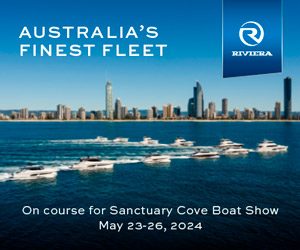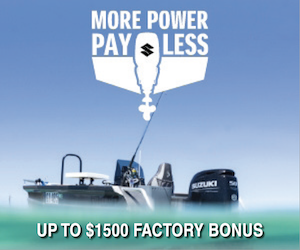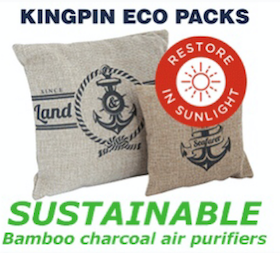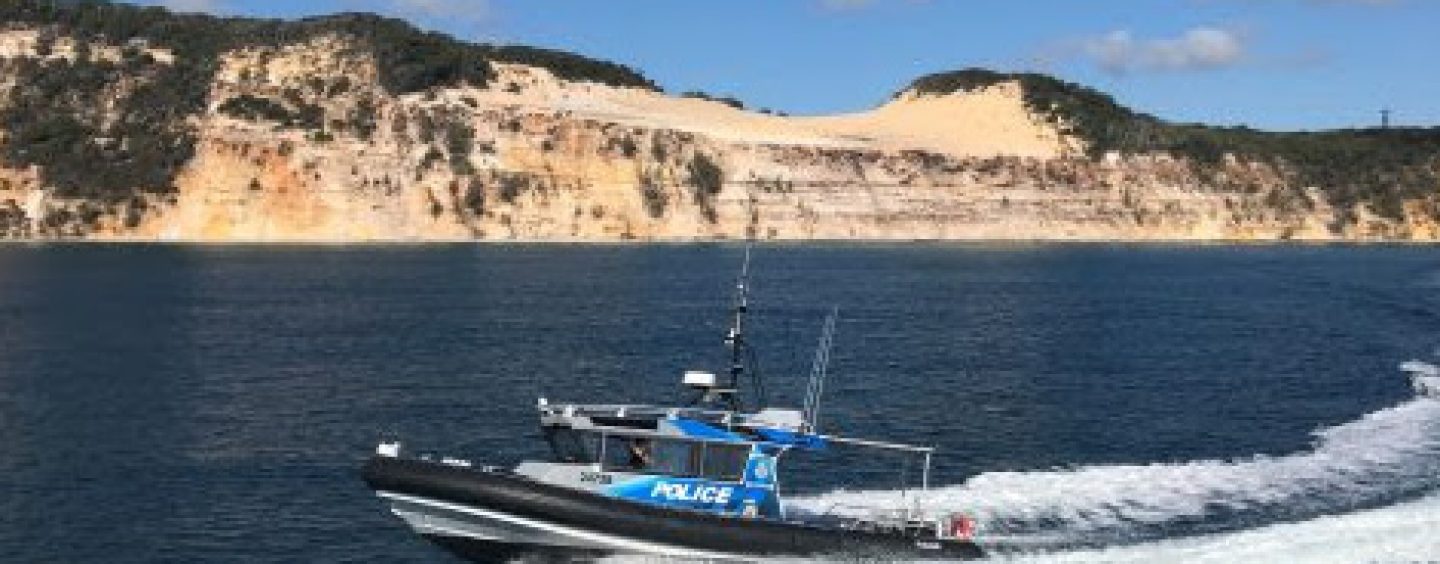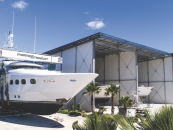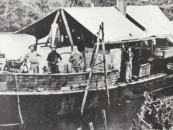Over the past couple of weeks Brisbane Water Police have responded to marine search and rescue incidents that could have been avoided if the master had taken suitable precautions, including planning and awareness.
We recently rescued a gentleman’s vessel, with his wife and daughter on board, bobbing around in the bay for three hours. The engine would not start, both mobile phones were flat and no one was available to help. An unseasonably hot autumn day with a half-meter short swell had his family looking less than lovingly at him, green with sea sickness and with vomit over the deck. Luckily another boatie raised concerns and water police attended. The gentleman was able to start his engine after he was prompted to have the ignition microswitch in the ON position … but he knew boats.
No matter how much experience you have, it’s always a good idea for everyone to review boating safety before setting off onto the great blue yonder.
Be weather-wise
Always check local weather conditions before departure; TV and radio forecasts can be a good source of information. If you notice darkening clouds, volatile and rough changing winds or sudden drops in temperature, play it safe by getting off the water.
Follow a pre-departure checklist
Proper boating safety includes being prepared for any possibility on the water. Following a pre-departure checklist is the best way to make sure no boating safety rules or precautions have been overlooked or forgotten – for example:
- Life jackets in good condition for every person on board and services up to date if required
- Required flares in date for the area of operation
- Registered EPRIRB if two nautical miles offshore.
Use common sense
One of the most important parts of boating safety is to use your common sense. This means operating at a safe speed, staying alert at all times and steering clear of large vessels and watercraft that can be restricted in their ability to stop or turn. Also, be respectful of buoys and other navigational aids, all of which have been placed there to ensure your own safety. Respect other boat users and your surroundings.
Tell someone – develop a float plan
Whether you choose to inform a family member or staff at your local marina, always be sure to let someone else know your float plan. This should include where you’re going and how long you’re going to be.
A float plan can include the following information:
- name, address, and phone number of trip leader
- name and phone number of all passengers
- boat type and registration information
- trip itinerary
- types of communication and signal equipment onboard, such as an Emergency Position Indicating Radio Beacon (EPIRB) or Personal Locator Beacon (PLB)
By Sgt Adam Howe
————-
Remember, B E S A F E *
KNOW YOUR…
Boat
Equipment
Safety devices and PFDs
Alcohol limits
First aid and emergency procedures
Environment (area and weather)
…BEFORE YOU GO!
Be safe, be aware, act responsibly and enjoy our beautiful waters.
* Source: National Safe Boating Council


